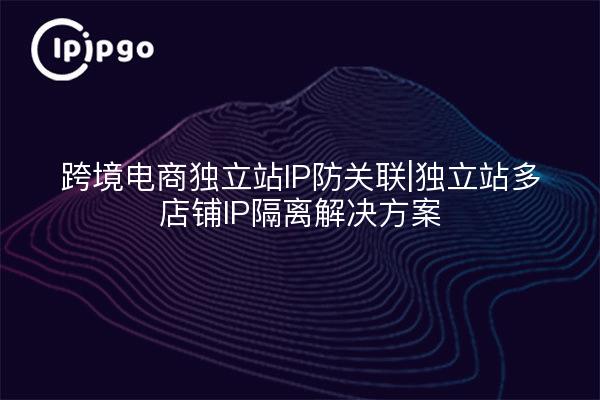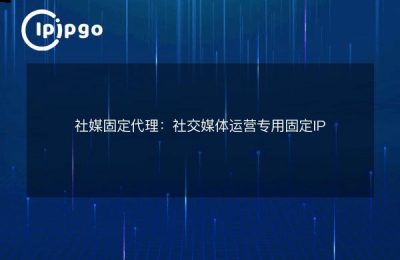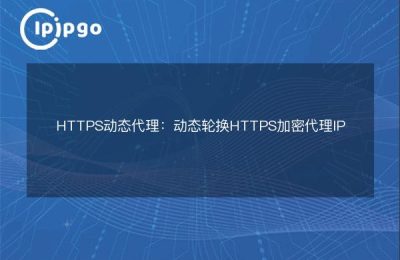
First, why cross-border e-commerce independent station must do IP isolation?
Those who do cross-border e-commerce independent websites are most afraid of encountering two situations:The account is associated with a blocked storerespond in singingAd placements are being windchecked. The platform system will determine whether the stores are operated by the same entity through more than 20 dimensions, such as IP address, browser fingerprints, operating habits, and so on. We once encountered a customer using the same computer to manage 3 stores, and all of them were blocked within 1 week - the reason is that the login IP address is exactly the same.
Many sellers think that using VPS or ordinary proxy can solve the problem, in fact, the ordinary server room IP has long been marked by the platform as "data center IP". The real effective solution is to usePure Residential Proxy IPThis type of IP is identical to the network characteristics of real home users, minimizing the risk of association.
Second, the core solution of IP anti-association
Three 100%s are necessary to achieve true IP isolation:
- 100% Independent IP:Bundle exclusive IPs per store and never reuse them
- 100% Residential Properties:Use a home broadband IP instead of a server room IP
- 100% environmental isolation:Separate browser environments for different IPs
Here we recommend using ipipgo'sResidential agency services, their IP pool covers more than 240 countries and regions, and each IP comes from a real home network. For example, if you want to operate the US, Germany and Japan stations at the same time, you can directly select the corresponding country's residential IP in the background, and the system will automatically assign the untagged clean IP.
| take | Recommended Programs |
|---|---|
| Single store daily operation | Static residential IP (fixed country city) |
| Multi-store matrix management | Dynamic residential IP (switching on demand) |
| Advertising account management | Dedicated residential IP + environmental isolation |
Third, the hand to set up IP isolation environment
Take the example of operating 5 independent stations at the same time:
1. Create 5 in ipipgo backendIndependent IP Sessions
2. Assign each session a residential IP in a different country (recommended to match the actual place of operation)
3. Create a separate environment for each IP using the fingerprint browser
4. Setting the automatic IP replacement cycle (recommended 7-15 days)
5. Regular testing of IP purity (ipipgo provides a real-time testing interface)
Special note: Browser fingerprints should be set to different time zones, languages, and resolution parameters. It is recommended to set theIP address, browser fingerprint, operation timeThe three are bound to form a complete user profile isolation.
Fourth, avoid the pit guide: 90% sellers will make mistakes
We find common problems during our service:
- Error 1: Multiple stores share the same IP segment (even if different IPs)
- Error 2: Frequent IP switching leads to abnormal behavior
- Mistake #3: Ignoring hidden risks like DNS leaks
- Mistake 4: Using free proxies leads to IP pollution
Using ipipgo'sLong-lasting static IPCan avoid the first two problems by keeping their IPs the same for a minimum of 30 days. For DNS leaks, it is recommended to turn on the proxy service of theGlobal Tunnel Mode, ensuring that all network requests go through the proxy server.
V. Frequently asked questions
Q: How to choose between dynamic IP and static IP?
A: Static IP is used for advertisement account to keep stable, and dynamic IP is used for store operation to reduce cost. ipipgo supports two modes to switch freely.
Q: How can I detect if an IP is tagged?
A: provided by ipipgo backstageIP Health DetectionFunctions to display IP purity scores, usage history, and risk labels in real time.
Q: What about managing multiple devices at the same time?
A: You can use the API to get IPs in bulk, and set up multi-user privileges with the teamwork function. ipipgo supports the creation of 500+ independent IP sessions at the same time.
Good IP isolation is essentially simulating the network environment of real users. Choosing a service provider like ipipgo with 90 million+ residential IP resources ensures that each store has a unique "network ID". Remember:Anti-association is not a technical confrontation, but rather a way for the system to think that each store is a real user that exists independently.








